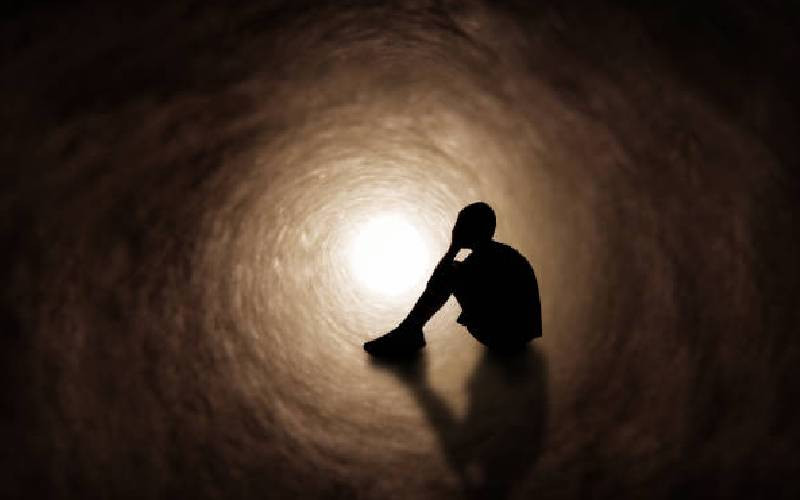×
The Standard e-Paper
Smart Minds Choose Us

It is unfortunate that Kisii region has lately become a haven of bad news, with the worst reported incidents targeting children.
From the gouging out of Baby Sagini's eyes in Marani to a man accused of beheading his two kids in Nyamache, it is shameful to be associated with such.